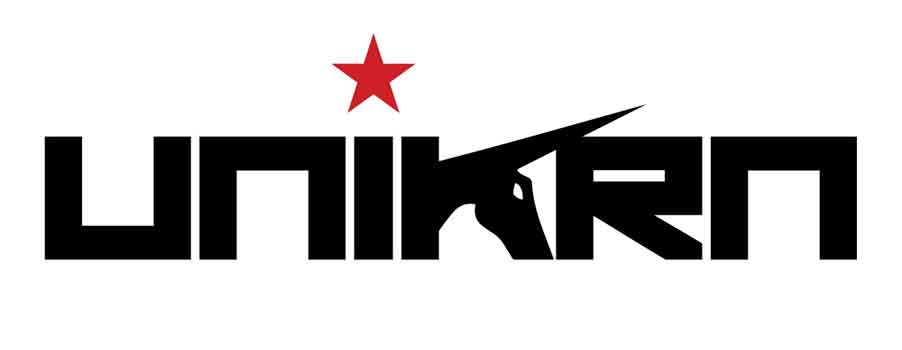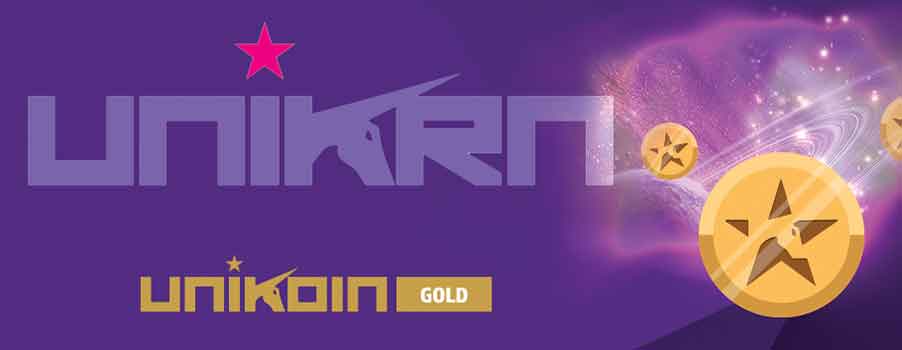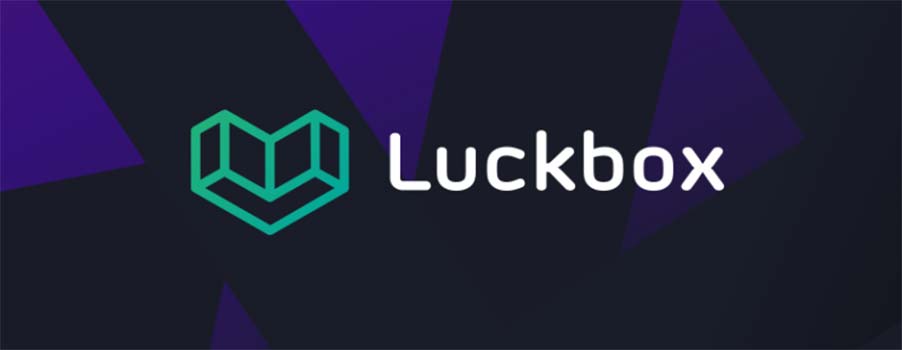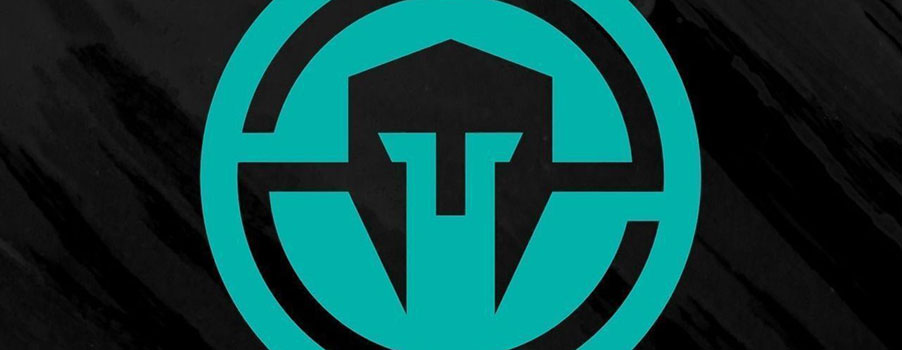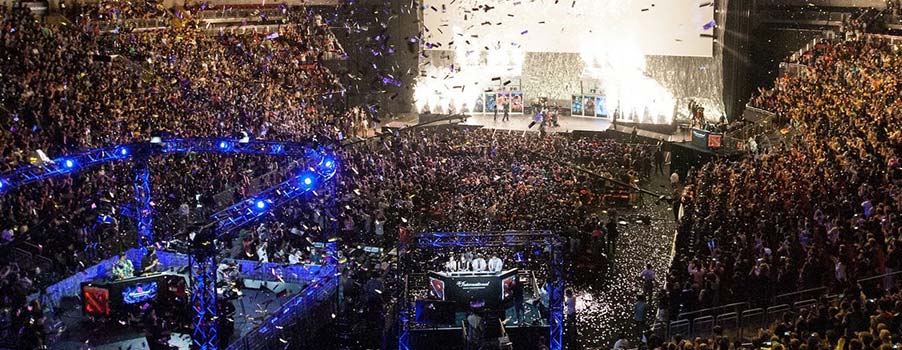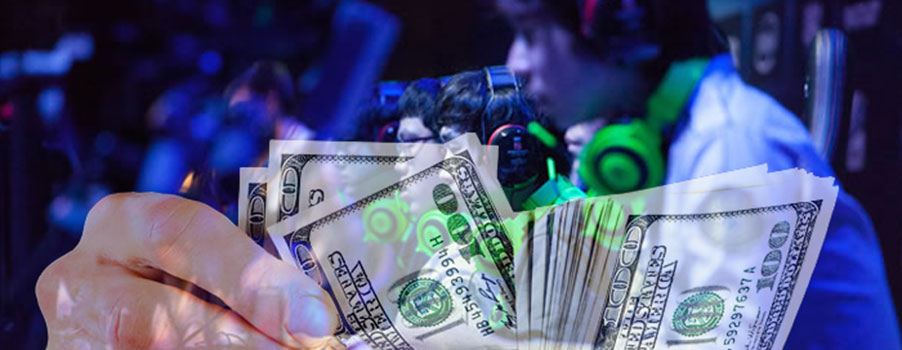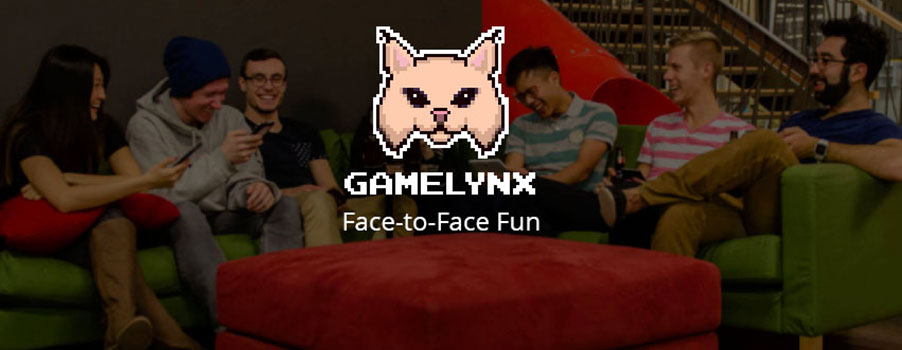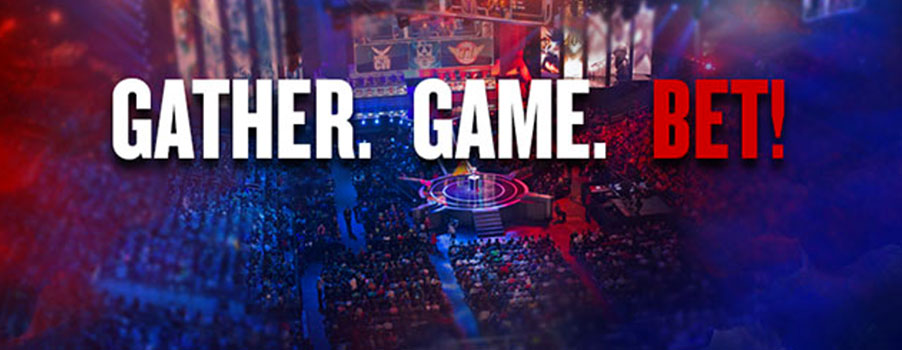Renowned global esports betting media group Better Collective has recently acquired HLTV.org A/S for a whopping €34.5 million on a cash-free and debt-free basis. The Stockholm-based Better Collective has had plans to further diversify its publishing network and the recent acquisition is now one of the most notable moves in that regard. The multi-billion deal also happened to include the purchase of the CS:GO community platform that is known as Dust2.dk.
The Terms of the Acquisition
According to the press release that announced the acquisition, the core business model for both companies will be the promotion and advertising of esports betting operations. Jesper Søgaard, the chief executive of Better Collective, says that the decision to acquire the sports betting company was a well-thought-out one. The company had its sights set on the esports industry for a very long time before they arrived at the decision.
The essence of the time Better Collective took to analyze and monitor the esports industry was to ensure that they had all their card rights before diving. Esports is quite dynamic and differs in many ways from traditional sports which means that it was very important that they found the right partner. HLTV.org along with dust2.dk are these ideal partners – they already have a great reputation for operating the best-positioned esports brands across the globe.
“We expect strong synergistic effects as many of the betting operators we collaborate with today also offer bets on esports, so I look forward to a prosperous esports future for Better Collective together with our new colleagues,” the Better Collective CEO said.
HLTV.org executives also expressed their support for the move especially because the acquisition will support their bid to remain the leading CS:GO brand in the world. Better Collective has nearly 2 decades of experience in the sports betting industry and this makes it a great partner for HLTV.org whose growth has also been quite meteoric.
Esports Across the Planet
Needless to say, the esports industry is one of the fastest-growing sectors on the planet. It is estimated that by 2020, the sector will have a viewer base of over 300 million people. Moreover, the global esports market revenue should reach $1.79 billion by then. With more accessible features coming to players and the number of esports betting markets also growing rapidly, it is expected to create one of the most lucrative business ecosystems over the next decade.
That said, a number of partnerships are being inked in order to take advantage of the growing market. All these will go a long way in not only legitimizing the activity further but also fostering its entry and growth in newer markets.


